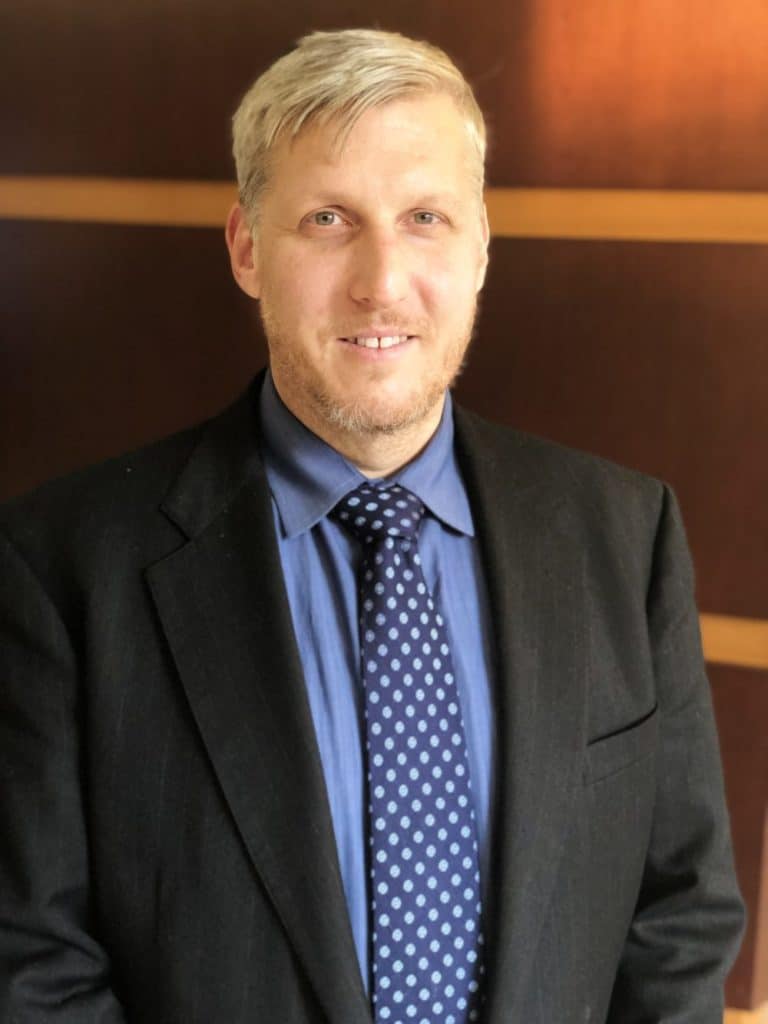Losing Pace-Time Is as Dangerous as Losing Face-Time

The buzz word for our new reality is "social distancing". In order to slow the spread of the virus, COVID-19, we need to reduce contact. By doing this, we are told, our healthcare system shouldn't get overloaded so that when (not if) we contract the Coronavirus, our health care provider will have all the tools at their disposal to treat the illness quickly and get us back to health as soon as possible. Although social distancing is difficult to do, let's be honest, we were all practicing a form of social distancing well before COVID-19. Think about the last time you walked into a Starbucks and actually saw any socializing going on. It's a sea of laptop screens up in everybody's face, headphones or earbuds in and that computer glowing face of people staring into the middle distance. In some ways, our new social distancing is the same thing but with a few more feet between us. In some ways it is amazing that the very same devices that have been keeping us apart, might play a very real role in bringing us together. Our smart phones, our computers, our tablets all hold the key. They are our temporary windows into real and meaningful community. My hope, therefore, is that our societal dependence on technology will provide us with the ability to create meaningful connection. I am, however, concerned about another aspect of these shifts in connectivity that are currently taking place. The disturbance to our routine and the change of pace to our life which can lead to some unhealthy habits.
Routine is an important part of a spiritual life. Although I like to think that spontaneity is an admired trait, it really only exists once a routine is established. After all, spontaneity is the break from routine. If one doesn't have a routine, then there is no way to break from it. Judaism relies on routine as the stage on which our ritual, spiritual, and communal life dances upon. All prayer is subscribed to a specific time, and, often, a particular place. We have daily, weekly, monthly and annual rituals which act to ground our bodies so that our souls can rise and commune with the cosmos, the ether, the beyond, and with God. The break from routine makes these important rituals and religious obligations difficult. So, I worry. But not just for the observant and religious within our communities but for all of us. No matter where you fall on the observance spectrum, all human begins rely on routine and when those routines are broken, spiritual disruption, emergence of bad habits and destructive behavior can seep in like rancorous, toxic gas that slowly begins to compromise our sense of self, well-being and purpose.
So how do we combat this in this time of disorderly schedules and social distancing? Start by making a schedule. If you wore an outfit for work each day, get dressed and ready for the day. Schedule exercise into your routine. Many gyms are offering free web workouts. So many of our spiritual communities have moved to streaming their services, offering Torah classes via zoom and Facebook. Sign up, put it on your calendar and commit yourself to attending. Pull others into your routine to keep you honest. That's one aspect of our new life pace… but what about the developments of bad habits? How are we combating that? Are you finding yourself eating or drinking more than normal? Reach out to a friend and ask him or her to call or text you once a day for a food/drink count. This way maybe we can keep each other accountable.
This is a difficult time and the loss of routine can cause a slow drift away from not only the people we care for but also from ourselves, our values, our self-worth and our spiritual identity.
Rabbi Laurence Rosenthal






























